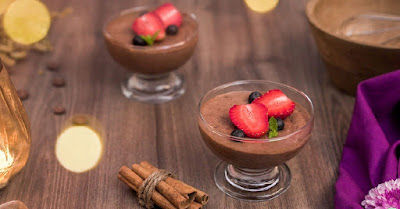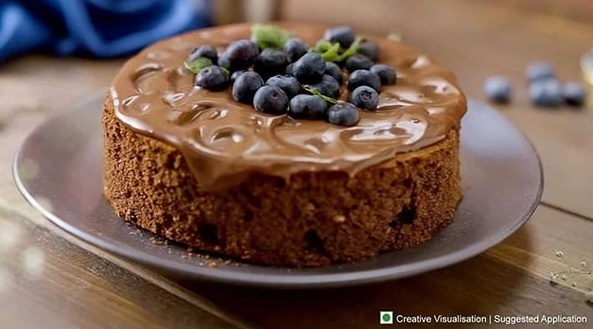All You Need To Know About Baking Equipments
Whenever it comes to baking, the instruments you use can make the difference between a pleasant accomplishment and a disappointing failure. There are numerous tools accessible to assist with various baking activities, ranging from combining and measuring to completing and decorating. Mentioned below are a few of the most commonly used equipment you'll come across along the road, along with instructions, hints, and applications for each.
MEASURING
Cups and Spoons for Measuring:
Every baking recipe be it a simple chocolate cake or Choco Melts Cinnamon Mousse, relies on quantities, thus measurement spoons and cups are essential for both amateur and expert bakers. Metal spoons and cups are perfect for scooping and levelling dry materials, while glass glasses are great for measuring liquid volumes.
Scale (Digital):
Whenever it refers to dry ingredients, the most precise approach to weigh is with a digital scale. The quantity of flour in a container may fluctuate by up to 30percent based on if it's been filtered, how you obtained the flour into the plastic container, and how moist the air is on that particular day. The distinction between light snacks and hefty bricks can be determined via precise measuring.
MIXING
Whether to use a strainer or a sifter is a personal choice: Nothing is more annoying than nibbling into a piece of cake and having a lump of flour or bicarbonate of soda between your teeth; sifting may easily avoid this. A sifter is a low-cost but essential piece of kitchen equipment that may be used with almost any recipe. A fine-mesh sieve could also be used to make your kitchen tools serve dual duty.
Bowls:
It's recommended to select glasses or a non-reactive metal, such as stainless steel, for basins. Plastic dishes may hold flavours that you don't want in your cupcakes, and they're also ineffective for dissolving chocolate or beating egg yolks and sweeteners over a boiling kettle of water.
Blender for Pastries:
This tool, also known as a pastry cutter, aids in the cutting of fat into dry materials to make fluffy cookies, waffles, and pizza doughs. If you don't want to perform the manual labour, you could use a hand mixer to get the same outcome.
Stand Mixer vs. Electrical Mixer:
Whenever it refers to frosting butter or beating cream, an electric mixer will make your job a lot simpler in the kitchen. Since stand mixers are pricey, they could be a wonderful addition to your culinary inventory, making tasks like kneading dough and beating egg yolks a snap.
FORMING AND DISTRIBUTION
Pin to Roll:
This indispensable equipment is utilized to make just about any baked treat you can think of, including cookies, waffles, pie crust, pastries, shaped cookies, and ganache for cake making. This is, without a doubt, a must-have for any household baker. It comes in a variety of materials, including hardwood, granite, aluminium, and silicone, and could be flat or curved, both with and without grips. These parameters are primarily a matter of personal choice, but a hardwood dowel works well as a rolling pin in general. Also, never immerse wooden rolling pins in water; rather, dry them clean with a wet cloth.
Bench Scraper vs. Dough Scraper:
A bench scraper is essential for scraping any stuck-on messes from your counter, but it may also be utilized to divide dough. They could be constructed of metal or plastic, with plastic being particularly useful for scraping the remains of the batter or dough from a basin.



Comments
Post a Comment